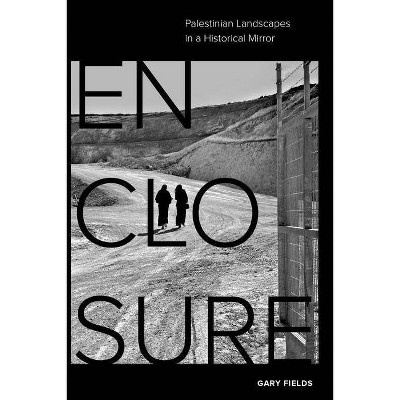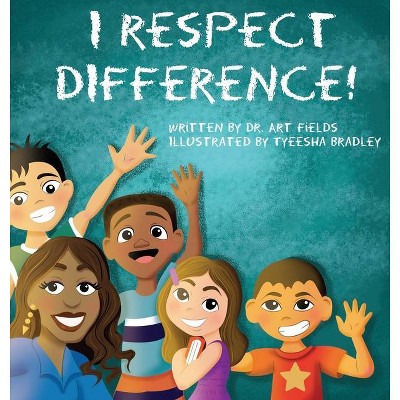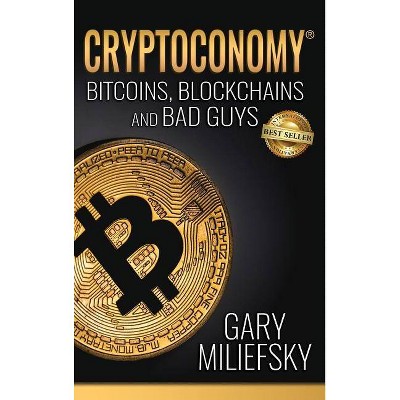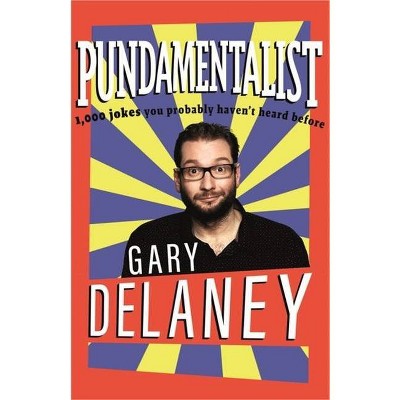Enclosure - by Gary Fields (Hardcover)

Similar Products
Products of same category from the store
AllProduct info
<p/><br></br><p><b> About the Book </b></p></br></br>"Enclosure marshals bold new and persuasive arguments about the ongoing dispossession of Palestinians. Revealing the Israel-Palestine landscape primarily as one of enclosure, geographer Gary Fields sheds fresh light on Israel's actions. He places those actions in historical context in a broad analysis of power and landscapes across the modern world. Examining the process of land-grabbing in early modern England, colonial North America, and contemporary Palestine, Enclosure shows how patterns of exclusion and privatization have emerged across time and geography. That the same moral, legal, and cartographic arguments were copied by enclosers of land in very different historical environments challenges Israel's current rationale as being uniquely beleaguered. It also helps readers in the United Kingdom and the United States understand the Israel-Palestine conflict in the context of their own, tortured histories"--Provided by publisher.<p/><br></br><p><b> Book Synopsis </b></p></br></br><i>Enclosure</i> marshals bold new arguments about the nature of the conflict in Israel/Palestine. Gary Fields examines the dispossession of Palestinians from their land--and Israel's rationale for seizing control of Palestinian land--in the contexts of a broad historical analysis of power and space and of an enduring discourse about land improvement. Focusing on the English enclosures (which eradicated access to common land across the English countryside), Amerindian dispossession in colonial America, and Palestinian land loss, Fields shows how exclusionary landscapes have emerged across time and geography. Evidence that the same moral, legal, and cartographic arguments were used by enclosers of land in very different historical environments challenges Israel's current claim that it is uniquely beleaguered. This comparative framework also helps readers in the United States and the United Kingdom understand the Israeli/Palestinian conflict in the context of their own histories.<p/><br></br><p><b> From the Back Cover </b></p></br></br>"An immensely rigorous and original book. Although the process of peasant displacement has been examined separately before, the importance of this book lies in showing how the English enclosures can be seen as a prototype and precedent for the Amerindian and Palestinian cases through the instruments of enclosure, cartography, and law."<i>--</i>Salim Tamari, <i> </i>author of <i>The Great War and the Remaking of Palestine</i> <p/> "To successfully bring together Palestinian dispossession, U.S. settler colonialism, and early modern English enclosure in one text requires both intellectual ambition and wide-ranging scholarship. While recognizing the specificity of each site, Gary Fields's impressive and accessible work offers original insights into the world-changing work of enclosure and dispossession, tracing the powerful political geographies of discourses of 'improvement, ' and the particular technical work of law, maps, and architecture. This is a valuable and important book."--Nicholas Blomley, author of <i>Law, Space, and the Geographies of Power</i> <p/>"<i>Enclosure</i> is a masterful study of how landscapes come into being, first as imaginable claims to land, and then through technologies of force that remake the material world to exclude and enclose those populations who are outside of the imaginative geography of the claimants. While the book focuses on the history of land claims and landscapes in Palestine/Israel, Gary Fields's analysis is enriched through comparison with the processes of claiming and enclosing lands in early modern England and North America."--Lisa Hajjar, author of <i>Torture: A Sociology of Violence and Human Rights</i> <p/> "In <i>Enclosure, </i> Gary Fields builds an original and eye-opening argument which places the dispossession of Palestinians by Israel within the age-old system of land enclosure--a broader and deeper logic typifying the political geography of modernity. Fields's novel approach shows how enclosures--in various times--have propelled the transformation of land to property in Britain and colonial North America, and how this logic stands behind the practices of the Israeli government. The book illuminates how the spatial logic of oppression travels through different eras and continents, exploiting the spatial tools of modern politics, whether colonial, capitalist, or nationalist. Fields backs his approach with a richly meticulous account of land policies in Israel/Palestine, incorporating the understudied case of the Bedouins in the Naqab (Negev). The combination of historical, conceptual, and empirical contributions makes the book a truly worthy addition to the field."--Oren Yiftachel, author of <i>Ethnocracy: Land and Identity Politics in Israel/Palestine</i><p/><br></br><p><b> Review Quotes </b></p></br></br><br>"A unique exploration of the development of the Israeli culture of land grabs and the historical legal framework and precedents that have allowed Zionist policies to continue unimpeded."-- "Middle East Monitor" (10/29/2018 12:00:00 AM)<br><br>"Reading Enclosure brings home the tragedy of such immense and irrevocable destruction."-- "New York Review of Books"<br><br>"The author utilizes a historical-comparative methodology to produce a trajectory of today's Palestinian loss since the time of legal land reforms in England. In this book, the story of the Palestinian landscape becomes a mirror onto which other histories are projected."-- "Journal of Palestine Studies" (3/1/2018 12:00:00 AM)<br><p/><br></br><p><b> About the Author </b></p></br></br><b>Gary Fields</b> is Associate Professor of Communication at the University of California, San Diego.
Price History
Cheapest price in the interval: 85 on November 8, 2021
Most expensive price in the interval: 85 on December 20, 2021
Price Archive shows prices from various stores, lets you see history and find the cheapest. There is no actual sale on the website. For all support, inquiry and suggestion messages communication@pricearchive.us




















